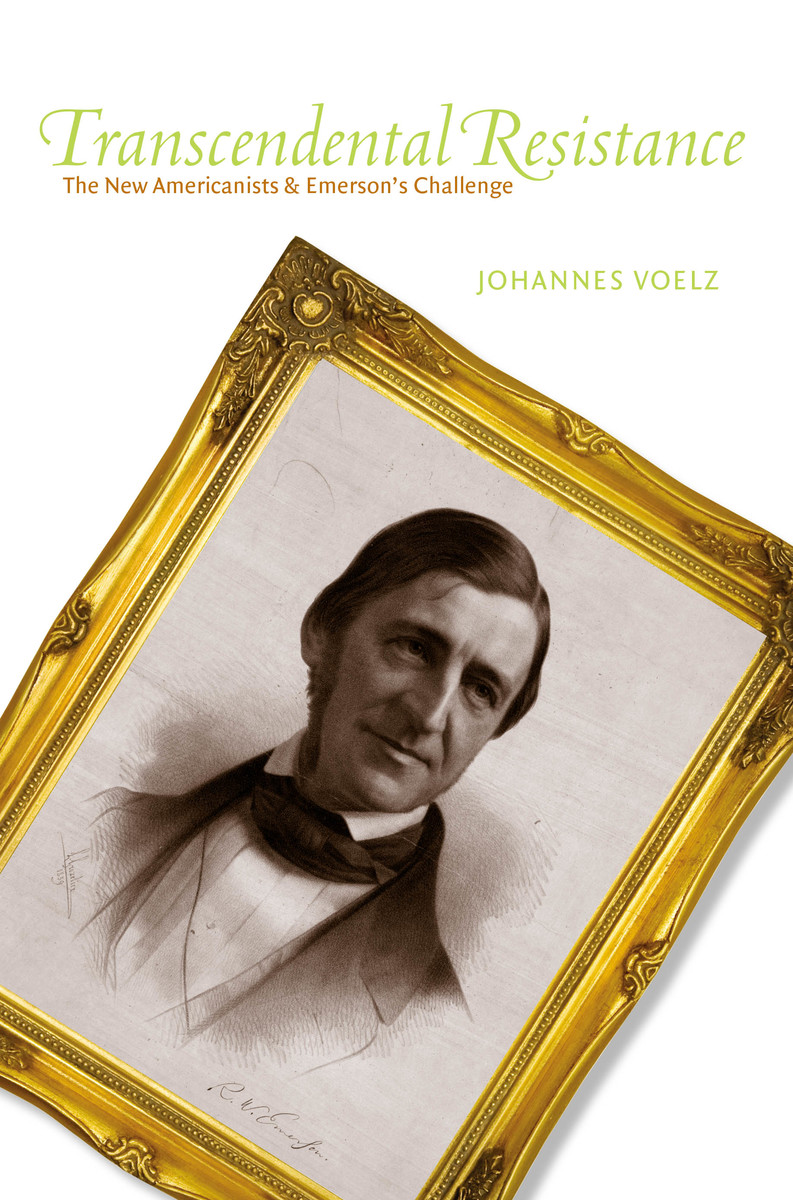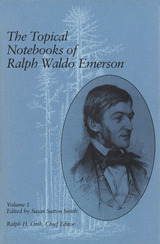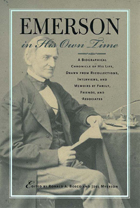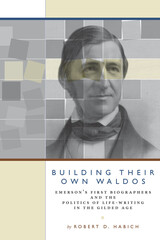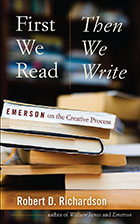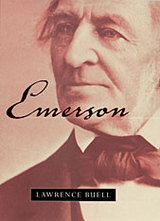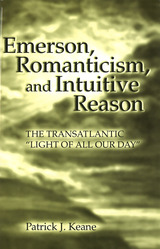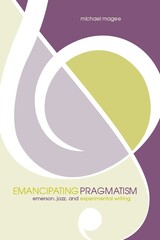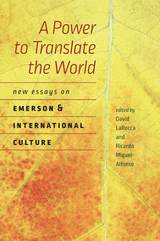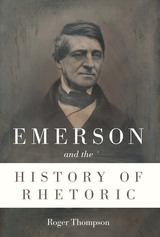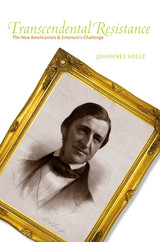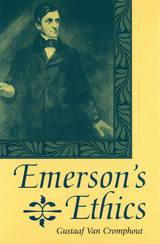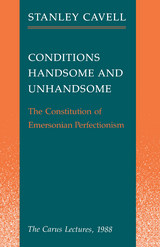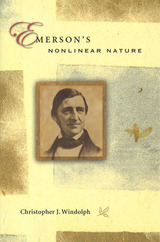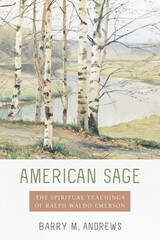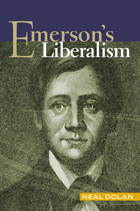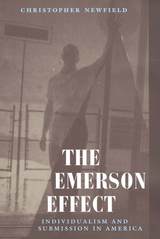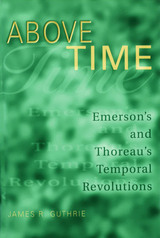Transcendental Resistance: The New Americanists and Emerson's Challenge
Dartmouth College Press, 2010
eISBN: 978-1-58465-948-8 | Cloth: 978-1-58465-936-5 | Paper: 978-1-58465-937-2
Library of Congress Classification PS1638.V64 2010
Dewey Decimal Classification 814.3
eISBN: 978-1-58465-948-8 | Cloth: 978-1-58465-936-5 | Paper: 978-1-58465-937-2
Library of Congress Classification PS1638.V64 2010
Dewey Decimal Classification 814.3
ABOUT THIS BOOK | AUTHOR BIOGRAPHY | REVIEWS | TOC
ABOUT THIS BOOK
Johannes Voelz offers a critique of the New Americanists through a stimulating and original reexamination of the iconic figure of Ralph Waldo Emerson. Voelz argues against the prevailing tendency among Americanists to see Emerson as the product of an “all-pervasive scope of cultural power.” Instead he shows Emerson’s philosophy to be a deft response to the requirements of lecturing professionally at the newly built lyceums around the country. Voelz brings to light a fascinating organic relationship between Emerson’s dynamic style of thinking and the uplifting experience demanded by his public. This need for an audience-directed philosophy, the author argues, reveals the function of Emerson’s infamous inconsistencies on such issues as representation, identity, and nation. It also poses a major counter-argument to the New Americanists’ dim view of Emerson’s individualism and his vision of the private man in public. Challenging the fundamental premises of the New Americanists, this study is an important, even pathbreaking guide to the future of American studies.
See other books on: 1803-1882 | Emerson, Ralph Waldo | National characteristics, American, in literature | Transcendentalism | Transnationalism
See other titles from Dartmouth College Press
